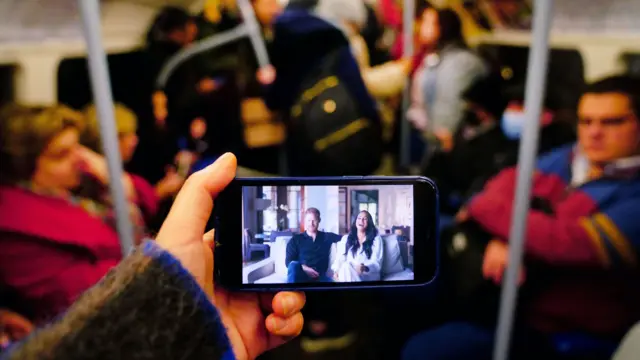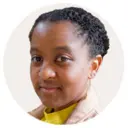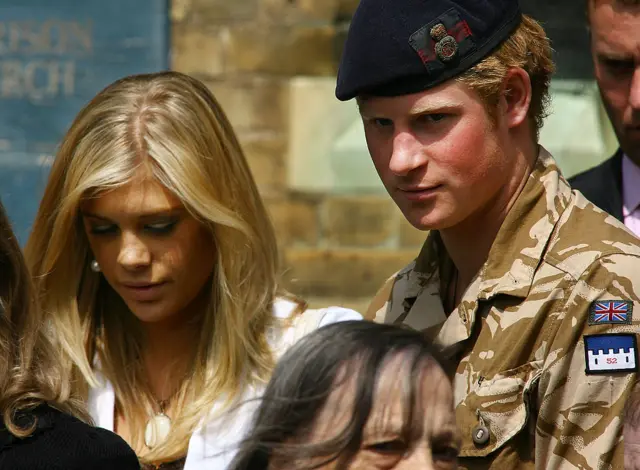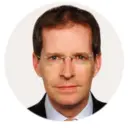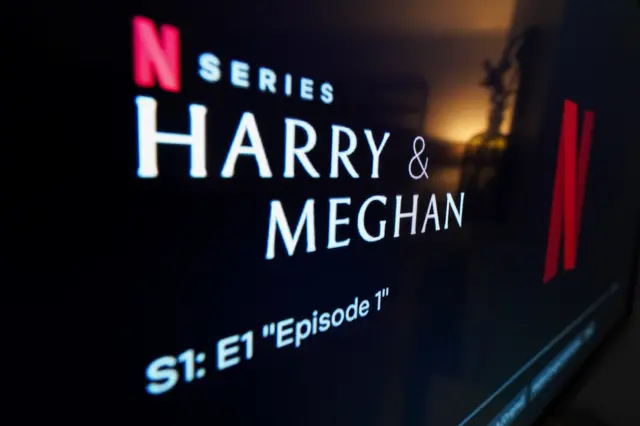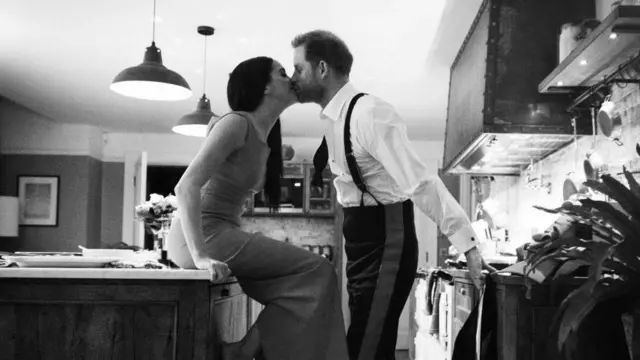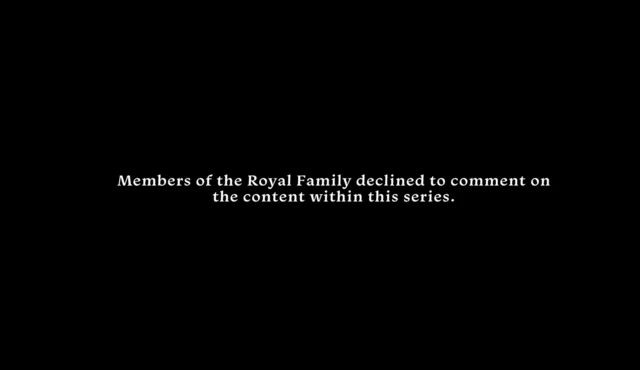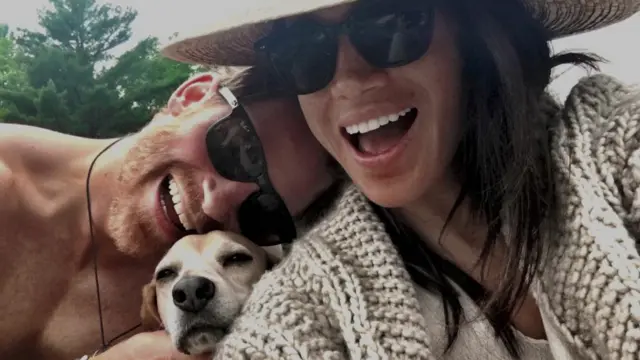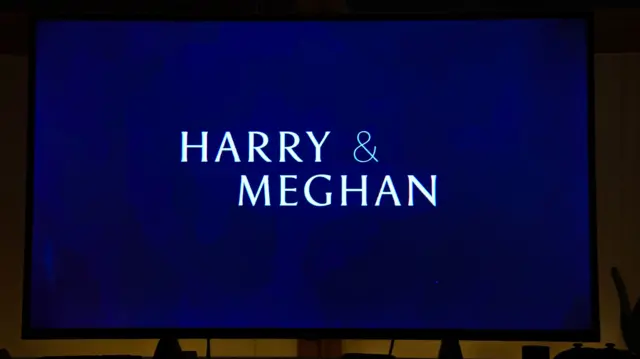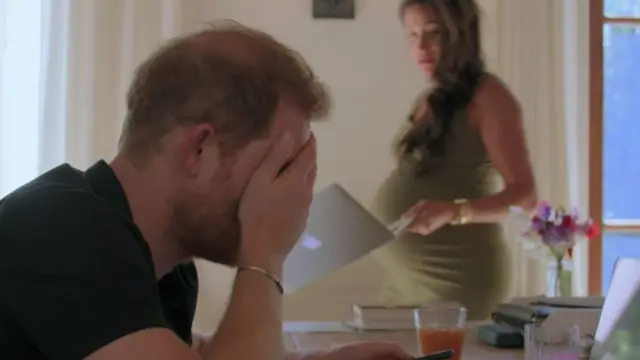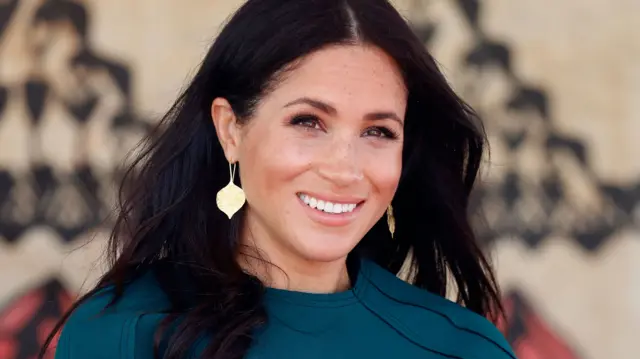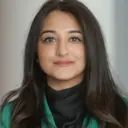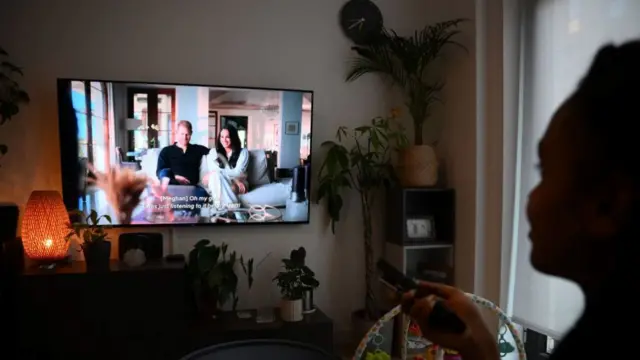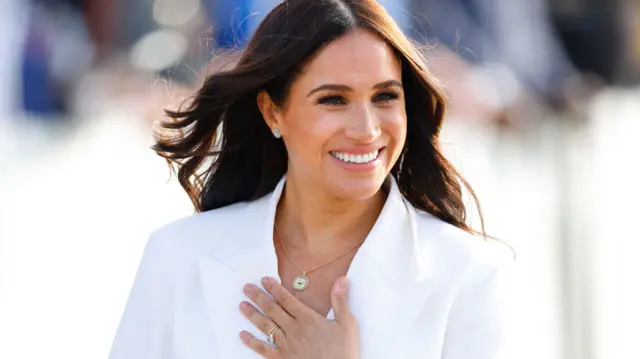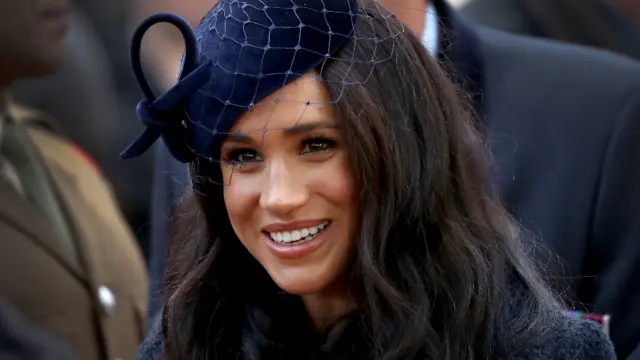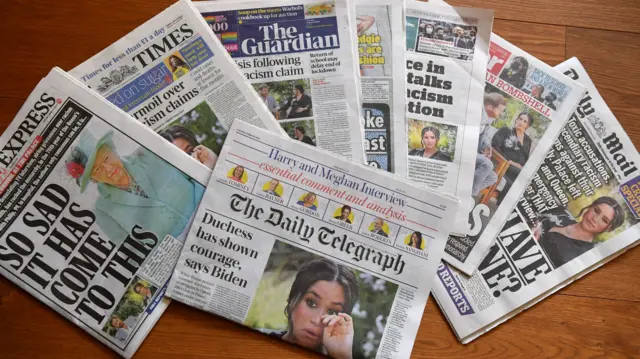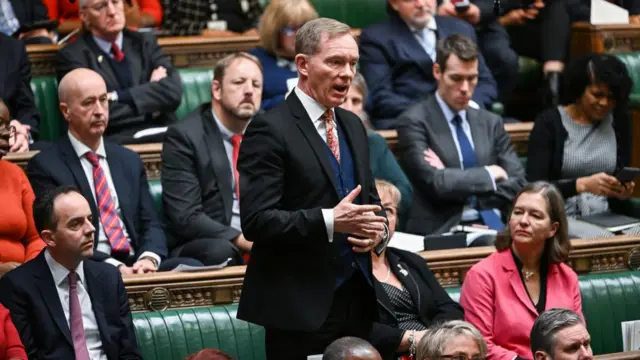That's all for now, thanks for joining us!published at 17:43 GMT 8 December 2022
And that's a wrap (for now). Thanks for joining our live coverage of the first three episodes of Harry and Meghan.
Let’s recap what we’ve learned so far (spoilers-ahead!):
- The first volume didn’t contain many bombshells, but it did give us some insight into how the couple met and fell in love and what their life is like now that they’ve stepped back from royal duties
- Harry and Meghan don’t shy away from talking about race and the racism they have experienced. Meghan admits to being initally caught off-guard by it, while Harry says, “my children are mixed race, and I’m really proud of that”
- The episodes also tackle Harry and Meghan’s relationship with the media. They both opened up about the toll the media attention has had on their lives and relationships both individually and as a couple
- There’s some confusion over whether the Royal Family were approached for comment in the series – Netflix says they declined to comment but both Buckingham Palace and Kensington Palance denied that they were ever asked
- And we (briefly) got to see home video of the couple’s son, Archie! The toddler, now three, is seen running around the family's California home as he admires a sunset
The second installment of the Netflix series premieres next Thursday 15 December.
In the meantime you can read more here.

